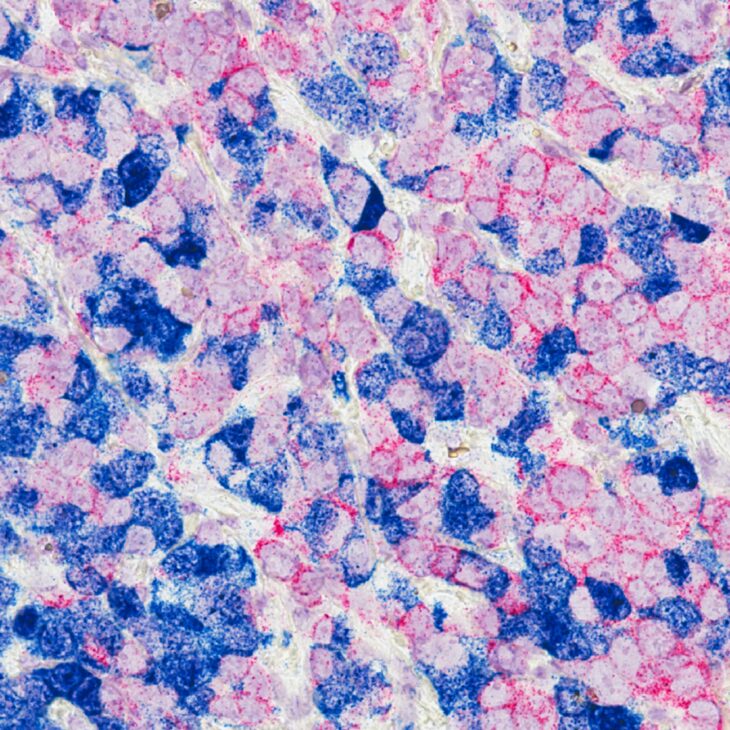Cancer is a condition in which uncontrolled cell growth occurs in various regions of the body. It often results from changes in DNA, known as mutations. When mutations occur in genes that repair damaged DNA and affect their functions, scientists call these mutations pathogenic variants.
Two examples of DNA repair genes are BRCA1 and BRCA2. Scientists have reported that pathogenic variants of these genes are strongly associated with hereditary breast and ovarian cancer syndrome, or HBOC. Although the syndrome is named after breast and ovarian cancers, it can also increase the risk of other cancer types, such as pancreatic cancers, prostate cancers, and a type of skin cancer called melanoma.
Some people think females are the only population susceptible to HBOC, but this is not entirely true. Although women have a higher risk for breast and ovarian cancers, scientists have found that males carrying a mutated BRCA gene have an increased risk for several other cancers, including male breast cancer.
Researchers have extensively studied BRCA-associated cancers in female populations, but not in males. This disparity means that all available diagnostic techniques are targeted for females, but are ineffective for males with BRCA-associated cancers.
To remedy this, researchers at the University of Palermo in Italy studied 352 male patients diagnosed with either breast cancer, pancreatic cancer, prostate cancer, or melanoma. They tracked the patients from February 2018 to January 2024. The researchers wanted to see if there was a link between the pathogenic variants of BRCA and these patients’ cancers. They highlighted this study as one of the first of its kind to incorporate a large number of participants.
The team genetically tested all 352 patients for pathogenic BRCA variants. First, they extracted DNA from the patients’ blood samples. Then, they identified the genetic sequences of the DNA using a technique known as Sanger sequencing. They used this method to determine which patients carried a pathogenic BRCA variant and which ones had cancer resulting from that pathogenic variant. In addition, the researchers obtained family histories for all the patients to understand cancer trends within their bloodlines.
In total, the researchers found that 26 of the 352 men had pathogenic BRCA variants. These included 17 of the 100 men with breast cancer, 3 of the 59 men with prostate cancer, 5 of the 95 men with pancreatic cancer, and 1 of the 98 men with melanoma.
They also showed that 9 of these 26 men were the first in their families to have a pathogenic BRCA variant. They emphasized the significance of this finding as it allowed these 9 patients’ family members to get tested and take early action for cancer prevention and treatment if necessary.
The researchers stated that their study highlights a blind spot in cancer genetics. They concluded that men with HBOC, especially breast cancer, should be tested for pathogenic BRCA variants to ensure they get timely treatment and alert their families to potential risks. The researchers stressed the importance of their study in encouraging equity in cancer treatments and genetic counseling. They proposed that the study could help doctors design better options for male-targeted cancer screening.


